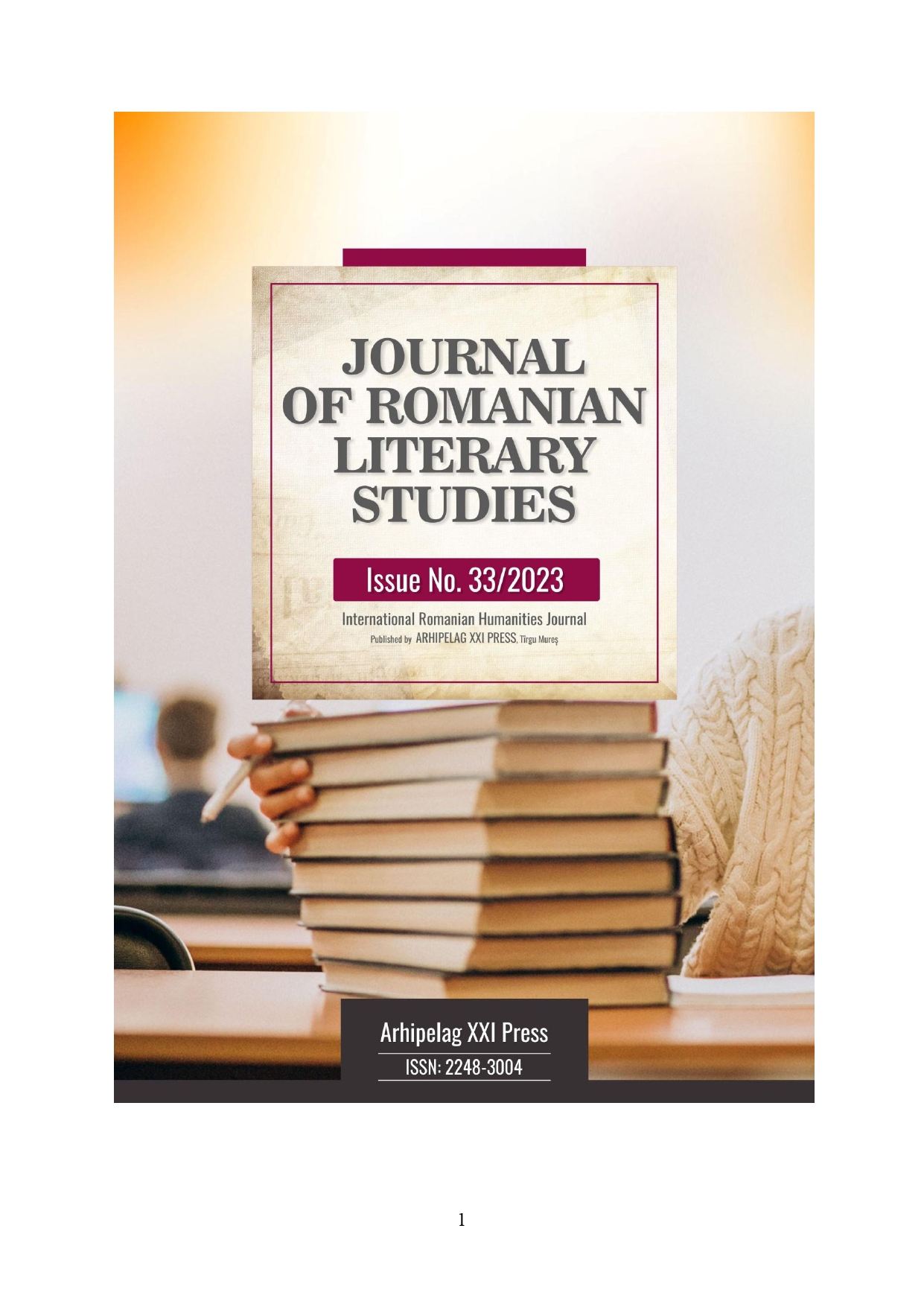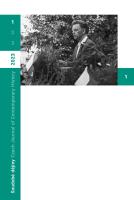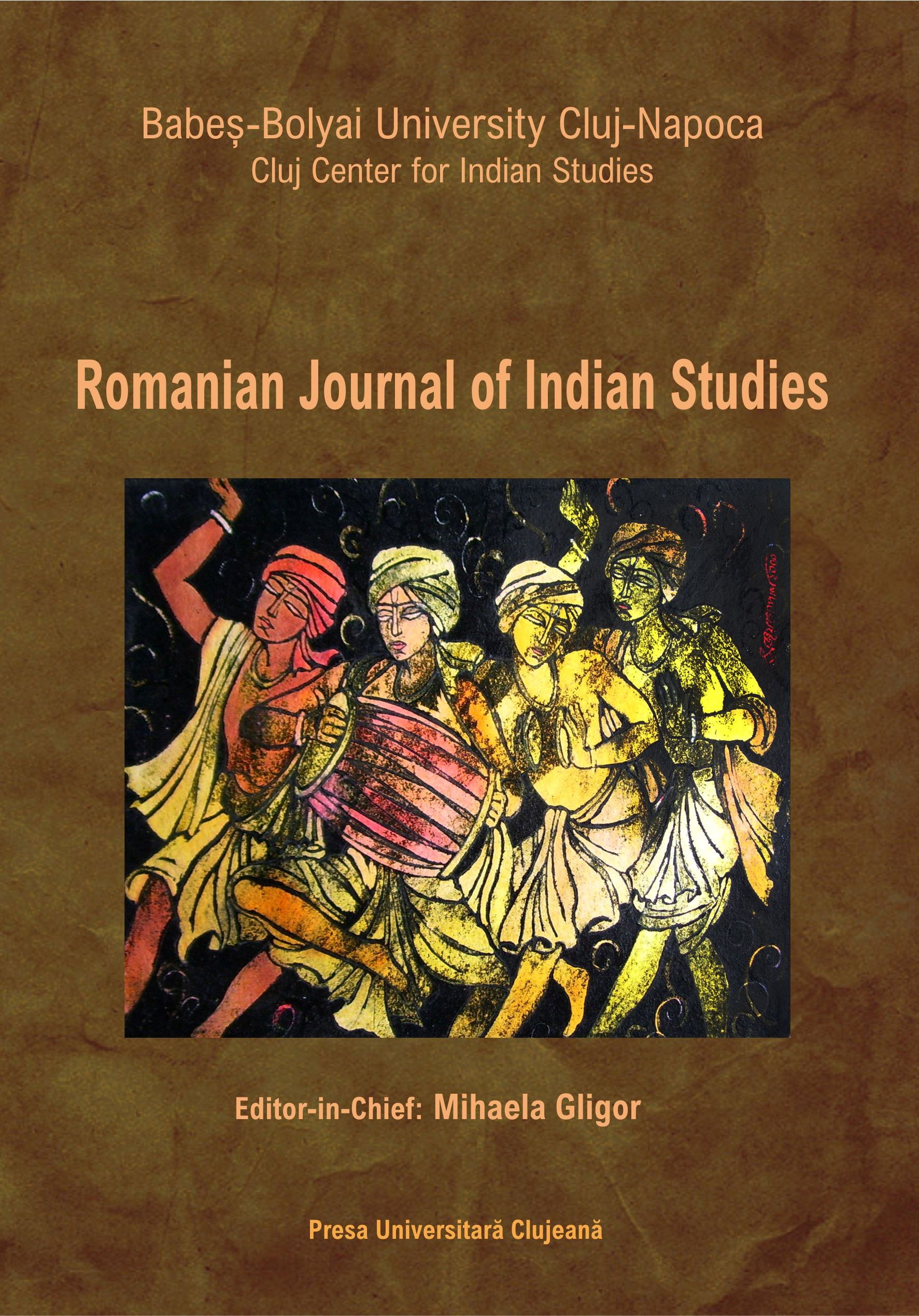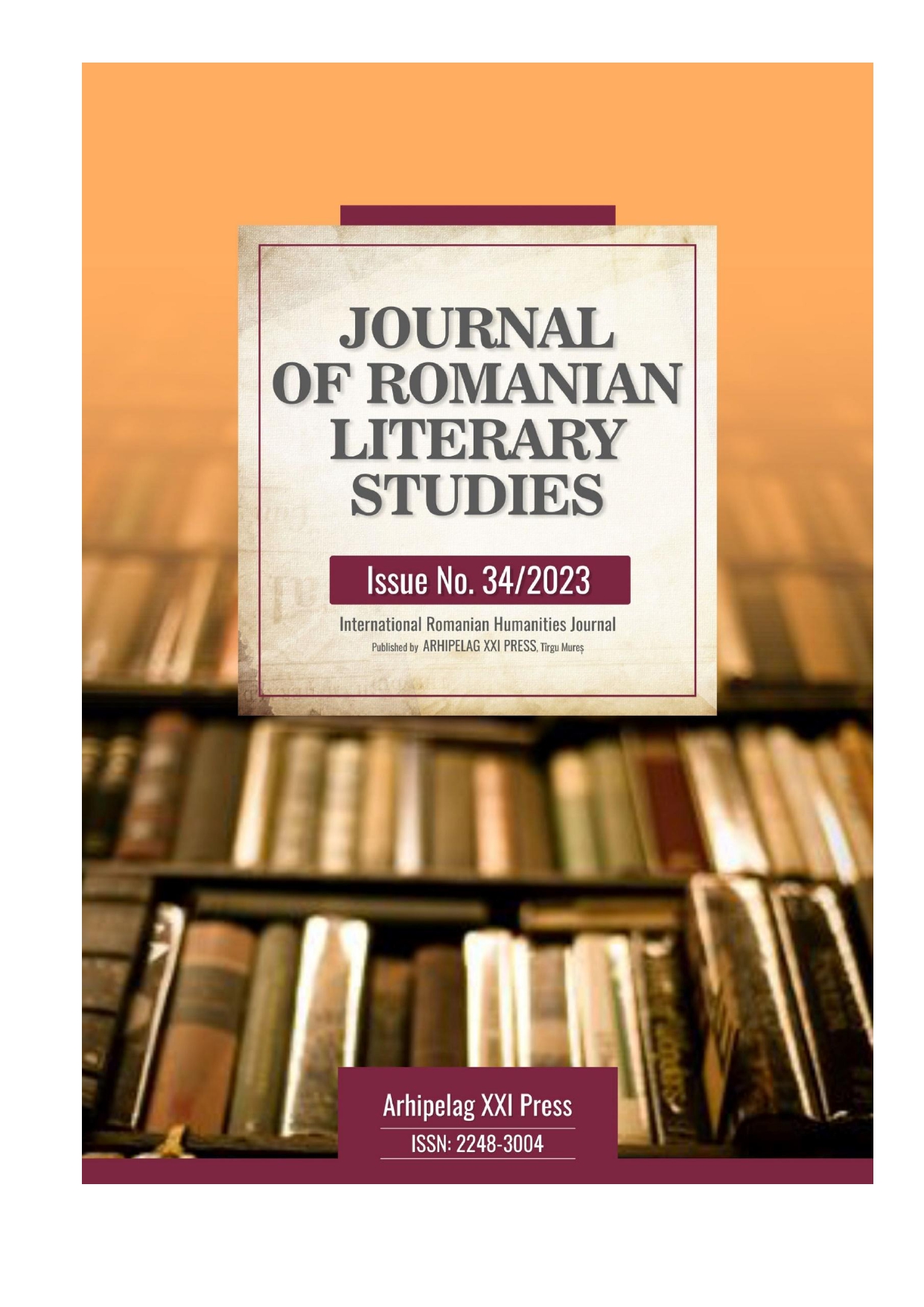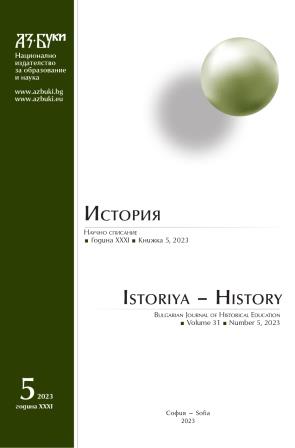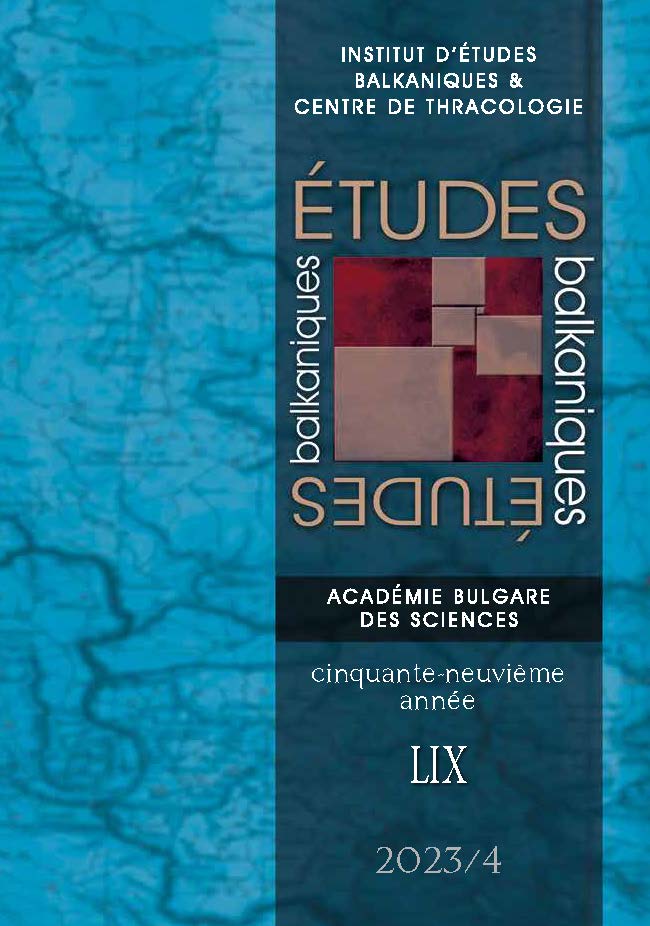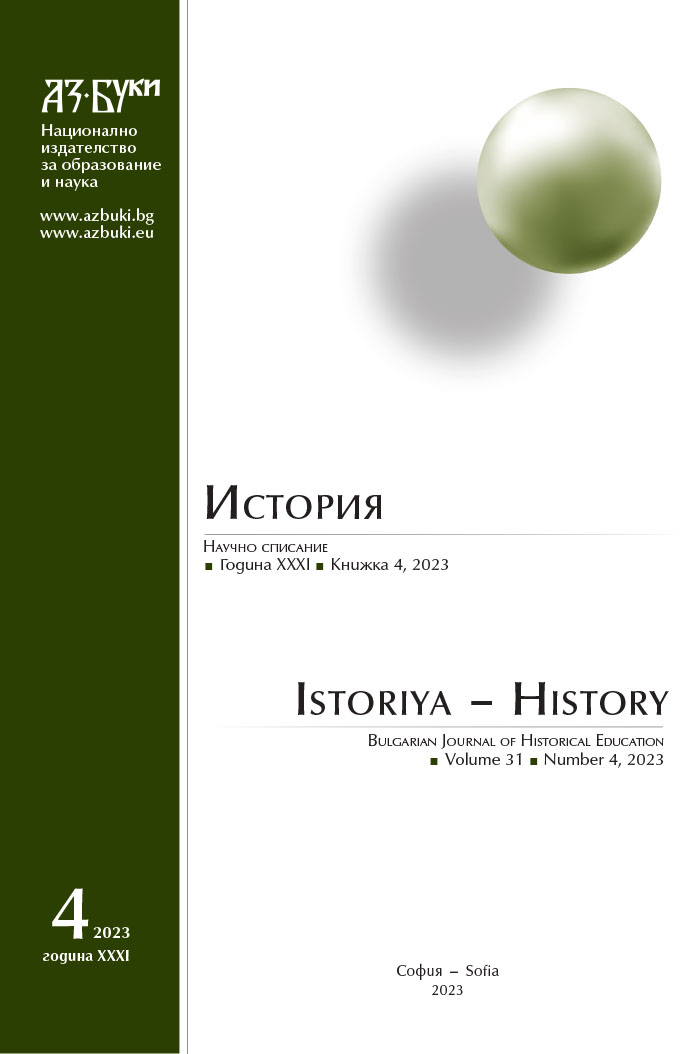
Участието на Османската империя на международното изложение във Филаделфия през 1876 година
The article examines the presentation of the Ottoman Empire at the Philadelphia International Exposition in 1876, putting two main tasks in the study. On the one hand, it follows the coverage of the exhibition in the press of the Bulgarian Revival period, mostly by the American Protestant newspaper Zornitsa, which introduced to its readers the five main sections of the exposition, some inventions shown for the first time, and specific exhibiting countries. On the other, the Turkey’s preparations, participation in the fair and its results are studied in detail. For this purpose, a comparative and an idiographic approachеs are applied. In the end, new information on the subject regarding the preparation in places in the empire, as well as examples of Bulgarian participation, is presented. Turkey impresses visitors with high-quality carpets and an authentic Turkish café. Foods, goldsmith’s works, coming from the Bulgarian lands, and rose oil of two Kazanlak companies are exhibited.
More...

